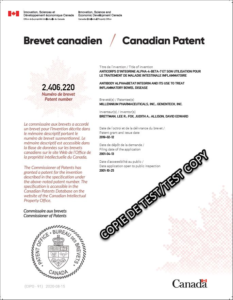We are reposting our most read blog entry on LinkedIn during 2022. This is from September.
When Queen Elizabeth II died in September 2022 she was the longest-serving monarch Canada has seen. Indeed, she was the second longest reigning sovereign second only to Louis XIV. A question you may ask is how does this affect laws in Canada?
The question is a good one. After all criminal court cases are styled Regina meaning queen and civil cases name Her Majesty the Queen (HMTQ) when the crown is involved. Any proceedings involving the crown continue “as though there had been no such demise” of the crown. (See Interpretation Act, RSC 1985, c. I-21, s. 46 and notes from various courts.) The superior courts in a few provinces will were renamed, e.g., now the Court of King’s Bench of Alberta.
There are some effects on oaths. For example, new Canadians will no longer swear allegiance to Elizabeth. But the law is clear. If “there is a demise of the Crown, there shall be substituted in the oath of allegiance the name of the Sovereign for the time being.” Time being is not the most respectful way to characterize any office holder but given the pressures we put on legislative drafters we won’t dwell on that. (See Oaths of Allegiance Act, RSC, 1985, c. O-1, s. 2(2).)
There is some effect on Canadian law but when it comes to intellectual property law the changes are minor. Actually really minute.
The effect on patent application was very small. The patent office was closed for 2022 September 19, for a one-time holiday for the federal public service coinciding with Her Majesty Queen Elizabeth II’s State Funeral. This made for a one-day extension on any deadline failing on that day or the previous weekend.
What about patents? Your existing patents and applications are unaffected. The Patent Act could be updated where it reads Her Majesty or Her Majesty in right of Canada but such updates are not required. (See Patent Act, RSC 1985, c. P-4, various places and Interpretation Act, RSC 1985, c. I-21, s. 35.)

Now if you look at a Canadian patent carefully you will see a seal. Even the digital versions have it. The Commissioner of Patents has the authority to make and use the seal. (See Patent Act, RSC 1985, c. P-4, s. 13 and Patent Rules, SOR/2019-251, s. 111.) So, the demise of the crown doesn’t affect the validity. This is an example of a seal having legal significance. Another example is the great seal of Canada. A new version will be struck naming or showing Charles III. But generally, seals are archaic.
There is no substantial affect on your patent applications or patents. There is no effect on any patent case before a court.
This is an example of a blog post with too many words. The answer to the question is, no.
